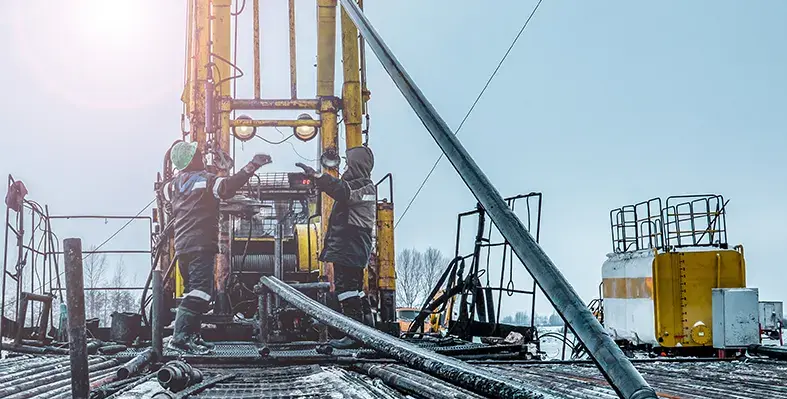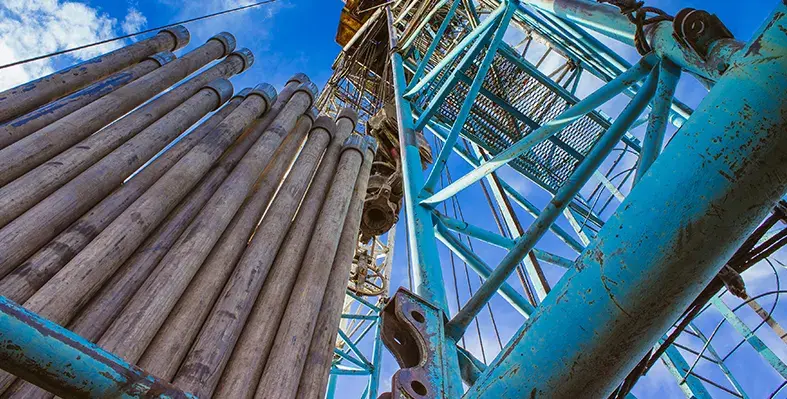Rex International Holding Limited-subsidiary, Akrake Petroleum Benin SA, has spudded the first well in the Sèmè Field in Block 1, Benin, using the Borr Gerd jack-up drilling rig
The drilling is part of a 100-day three-well work-programme to redevelop the Sèmè Field. The drilling campaign includes two horizontal production wells in the H6 formation (previously developed), as well as a deeper vertical appraisal well to gather data from the H7 and H8 reservoirs, to facilitate the potential advancement to Phase 2 of the development.
Steve Moore, deputy chief operating officer of Rex and general manager of Akrake Petroleum, said, “We are excited to bring oil production back to the Sèmè Field and to Benin after such a long time, and we would like to express our deep appreciation to the Benin authorities and our local partner Octogone E&P S.A. for their strong support and cooperation in all aspects of this drilling operation, allowing us to achieve first oil in as short a time as possible.”
Lars B. Hübert, chief executive officer of Lime Petroleum Holding AS, said, “2025 will be a pivotal year for our three wholly-owned subsidiaries: Akrake Petroleum in Benin, Lime Petroleum AS in Norway and Lime Resources Germany GmbH in Germany. This work-programme in Benin is just one of several high-impact operations happening within our multinational portfolio of assets in 2025. We are leveraging on the collective experience and expertise of LPH’s teams across geographies, as well as from the wider Rex Group, for geological & geophysical work, seismic analysis, procurement, operations, asset development and fundraising, among others; and are on track to quickly add reserves and establish production in the countries in which we operate.”












